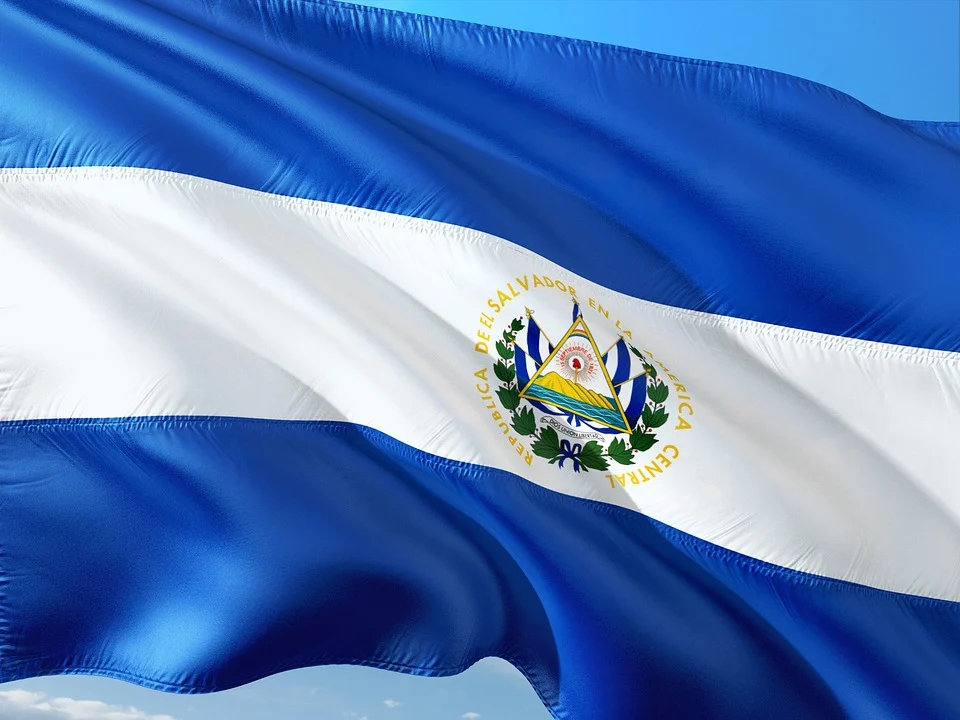
El Salvador, a country that bills itself as a leading Bitcoin nation, is taking steps to secure much of its Bitcoin assets. This includes transferring them to cold wallets and storing them in physical vaults within the national territory. President Nayib Bukele has announced that a significant portion of the country’s Bitcoin assets will be moved to a cold wallet, as part of a larger strategy for secure asset management.
This step is supported by the installation of a physical vault within the country to ensure the security of the cold wallet. President Bukele considers this initiative El Salvador’s first “Bitcoin piggy bank” and emphasizes the importance of robust asset management and secure storage practices.
El Salvador’s decision to transfer Bitcoin assets to cold wallets reflects the country’s continued commitment to integrate cryptocurrencies into the national economy. This strategic move underlines El Salvador’s active approach in embracing digital currencies and exploring innovative solutions for economic progress.
This move by El Salvador reveals several important aspects. First, it promotes transparency by making Bitcoin assets traceable to anyone, which builds trust that the assets are not being moved or lent out. Secondly, it demonstrates the country’s expertise in effectively managing digital assets, demonstrating a deep understanding of how Bitcoin works.
Third, by choosing to hold the assets rather than move or trade them, El Salvador is showing confidence in the robustness of Bitcoin technology. Finally, it strengthens the reliability of El Salvador’s Bitcoin assets and positions the country as a solid player within the crypto industry.
Bitcoin Maxi calls for a credit rating upgrade
El Salvador’s decision to embrace the Bitcoin standard resulted in a significant downgrade in its credit rating by global institutions, but since the introduction of Bitcoin reserves, the Latin American country has been able to better manage its debt.
Max Keizer, a Bitcoin maximalist, notes that an important shift is underway and that credit rating agencies need to recognize that Bitcoin fundamentally changes the quality of a country’s financial collateral. He suggests that this could lead to an upgrade of the credit rating to investment grade (IG) in the near future and also highlights a “speculative attack” against El Salvador’s fiat currency, pointing to President Nayib Bukele’s moves to strengthen Bitcoin to strengthen the country’s reserves.
Keizer predicts that with growing reserves, El Salvador’s credit rating will rise, resulting in lower borrowing costs, and introduces the concept of ‘Volcano Bonds’ as a catalyst for this transformation. He expects that with a growing Bitcoin base and the possible issuance of Volcano Bonds, El Salvador’s credit rating will improve, ultimately leading to lower lending rates, higher collateral values and a reduction in the loan-to-equity ratio.
Source: https://cryptobenelux.com/2024/03/17/waarom-verplaatst-el-salvador-bitcoin-activa-naar-koude-wallets/


